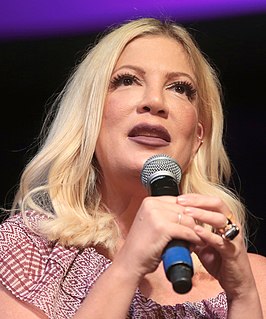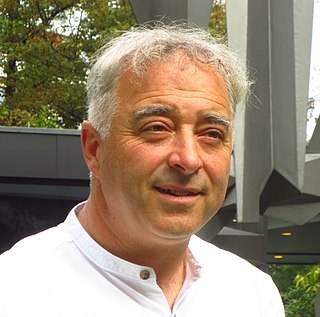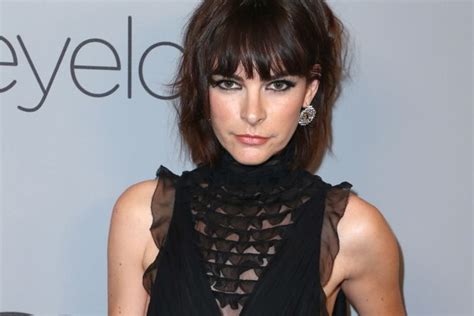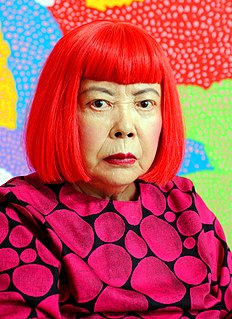A Quote by Elie Wiesel
I decided to devote my life to telling the story because I felt that having survived I owe something to the dead. and anyone who does not remember betrays them again.
Related Quotes
But because of his telling, many who did not believe have come to believe, and some who did not care have come to care. He tells the story, out of infinite pain, partly to honor the dead, but also to warn the living - to warn the living that it could happen again and that it must never happen again. Better than one heart be broken a thousand times in the retelling, he has decided, if it means that a thousand other hearts need not be broken at all. (vi)
This is our story to tell. You’d think for all the reading I do, I would have thought about this before, but I haven’t. I’ve never once thought about the interpretative, the story telling aspect of life, of my life. I always felt like I was in a story, yes, but not like I was the author of it, or like I had any say in its telling whatsoever.
And of the Witch? In the life of a Witch, there is no "after", in the "ever after" of a Witch there is no "happily"; in the story of a Witch, there is no afterword. Of that part that is beyond the life story, beyond the story of the life, there is-alas, or perhaps thank mercy-no telling. She was dead, dead, and gone, and all that was left of her was the carapace of her reputation for malice.
In fiction the narrator is a performance of voice, and it can be any style of voice, but I'm interested in the ways that a voice that knows it's telling a story is actually telling a different story than it intends to. In the way that I can sit here and tell you what I had for breakfast, but I'm really telling you that I'm having an affair, something like that. And I don't think my writing is plain, but I think a lot of my characters are just talking. There is vulnerability there, in that we can start to see through them, we can start to see where they're deceiving themselves.
I think that people have to have a story. When you tell a story, most people are not good storytellers because they think it's about them. You have to make your story, whatever story it is you're telling, their story. So you have to get good at telling a story so they can identify themselves in your story.
There are more stars than there are people. Billions, Alan had said, and millions of them might have planets just as good as ours. Ever since I can remember, I’ve felt too big. But now I felt small. Too small. Too small to count. Every star is massive, but there are so many of them. How could anyone care about one star when there were so many spare? And what if stars were small? What if all the stars were just pixels? And earth was less than a pixel? What does that make us? And what does that make me? Not even dust. I felt tiny. For the first time in my life I felt too small.
I'm not a big note-taker, so I think that the way I decide is that whatever I remember I always consider something that's important. If I remember a joke then I know it's a good joke, if I remember a story then I know it's a good story, and so that's how I curate what stories I'm going to write for the book. And I go over them again, make sure there's a theme and all that stuff, but mostly, it is intuition.
The happening and telling are very different things. This doesn’t mean that the story isn’t true, only that I honestly don’t know anymore if I really remember it or only remember how to tell it. Language does this to our memories, simplifies, solidifies, codifies, mummifies. An off-told story is like a photograph in a family album. Eventually it replaces the moment it was meant to capture.
I also remember the moment my life changed, the moment I finally said, "I've had it!" I know I'm much more than I'm demonstrating mentally, emotionally, and physically in my life. I made a decision in that moment which was to alter my life forever. I decided to change virtually every aspect of my life. I decided I would never again settle for less that I can be.





































